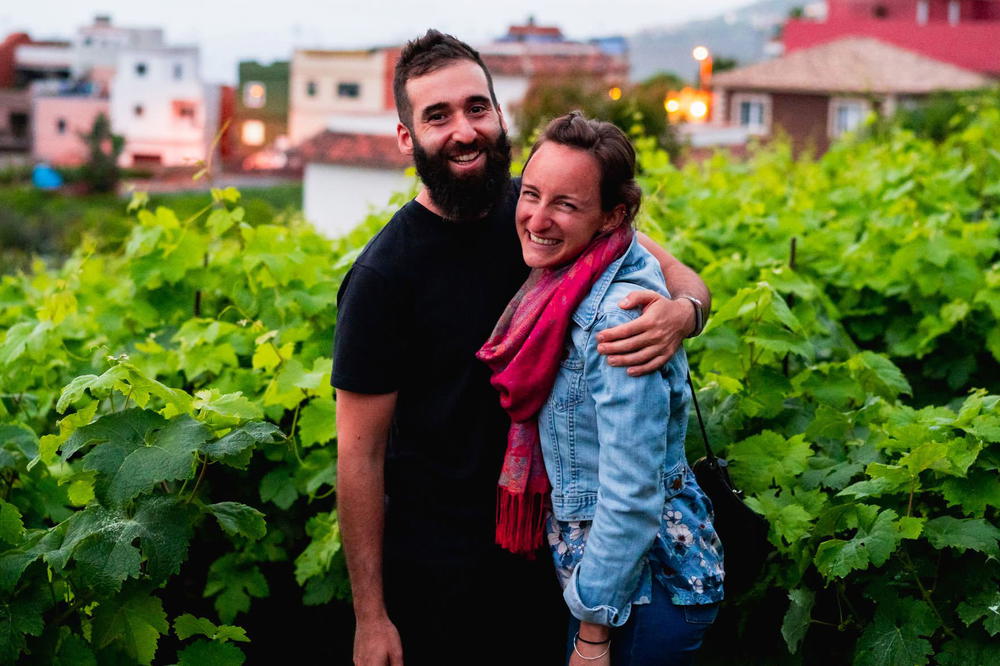Do Babies Cost a Lot of Money? (You Might Be Surprised)
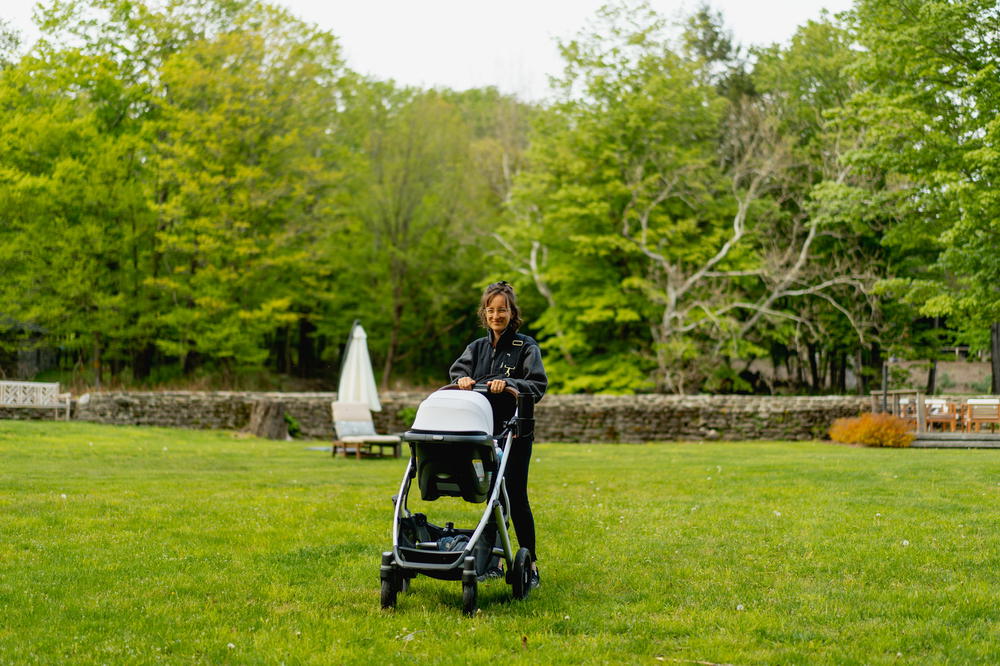
I think babiest cost a ton of money. Here’s where all my baby expenses come from, and how surprised I was at all the different types of expenses I had as a new parent after birth.
This article may contain affiliate links. We earn a small commissions when you purchase via those links — and it's free for you. It's only us (Becca & Dan) working on this website, so we value your support! Read our privacy policy and learn more about us.
Before we got pregnant, I insisted that babies cost a ton of money, and Dan insisted that it might not be the case.
“I promise you,” I said, “Babies cost a lot of money.”
It’s hard to picture all the things your baby needs when the baby is silently living inside a pregnant mom. It was hard for me to picture, too, and it wasn’t until our baby was born that I realized, yes, holy smokes: babies do cost a lot of money.
Why do babies cost a lot of money? Here are the reasons we pinned down.
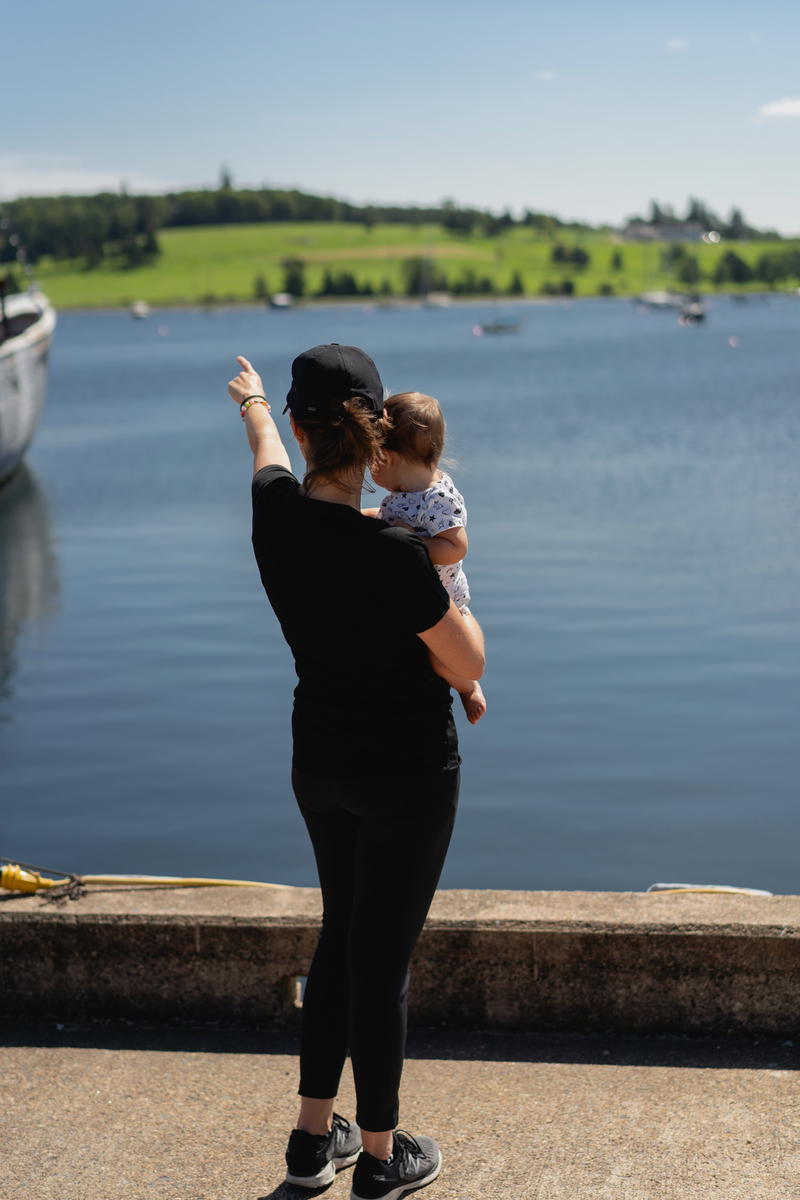
Doctor visits
Toward the end of my pregnancy, when I started going to the obstetrician every other week and then every week in the weeks leading up to giving birth, I got very familiar with doctor visits.
And when we had our baby, wow: the doctor visits were just constant. First there was the three-day pediatrician visit for our newborn, and then a two-week visit, a four-week visit, maybe a six-week visit and the visits just kept coming.
Then there was a lactation consultant visit, and this was a specialist. Then, there were sick visits, because our newborn had a tear duct issue, a fever, a cough and congestion and a host of other things happening in the first year.
So do babies cost a lot of money? They cost every dollar of the co-pay that you pay with your insurance when you see doctors—not to mention the premiums from your new insurance now that you are billed for a family, rather than yourself or just yourself plus a spouse.
So yes, babies cost a lot of money.
The baby’s space in your home
We were living in a one-bedroom apartment in Brooklyn since we moved into our first apartment together. The space worked out fantastically for us, even though we both worked from home from a small apartment! I worked in the bedroom, Dan worked in the living room and we even had parties with our friends coming over from time to time.
We knew that we’d need to size up our living quarters when a baby joined our family. And even though we chose to move to the suburbs, we needed a bigger apartment. We chose a two-bedroom two-bathroom unit that wound up being more than we had been spending on rent in Brooklyn. Imagine that!
If you’re sizing up further to a home in order to make room for a baby and get some outdoor space like a yard or shared area in a townhome development, the cost of the mortgage, HOA and/or upkeep plus renovations may go even higher.
So overall, yes, babies can start costing you a lot of money. (And I also think there are a range of benefits of apartment living with a baby, for that matter.)
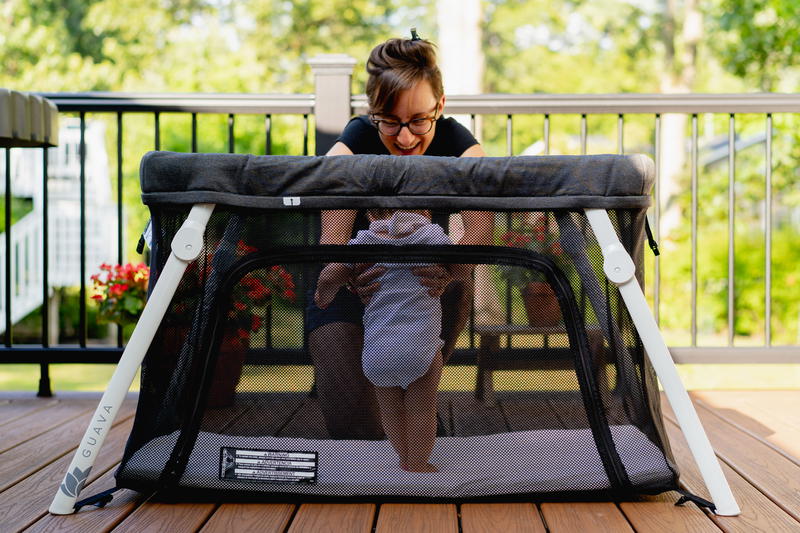
Baby health stuff and products
I hadn’t really considered that babies need toiletries and health items, just like adults do, before I became a parent. Don’t babies just need baths every now and then?
But no, among the baby bath itself, the baby bath scrubber, plus sensitive baby shampoo and fine and soft baby washcloths, and then things for newborn hygiene like cradle cap products, the Frida Snot Sucker (a favorite), baby Tylenol, baby Motrin, baby Mylicon drops and baby vitamins that come in a dropper, whoa: babies cost a lot of money.
Diapers
I had no idea what diapers cost before I had a baby. They are literally unavoidable. Either you buy disposable diapers and look for the most budget-friendly ways to purchase them, or you do reusable cloth diapers and you either clean them yourself (ew) or hire a cleaning service to launder them and then return new ones to you.
There are cheap diapers, and expensive diapers, like the plant-based ones I tried in my DYPER plant-based diaper review. Of course, the best diapers are free ones you get from friends whose kids outgrew them! If you want to see my real opinions on the price-to-worth ratio of most major diaper brands, check out my list of the best and worst diapers.
No matter which way you choose it, diapering will cost a lot of money, especially over the course of a baby’s first year of life. You can read into this deep-dive on the “hefty price tag” of diapers from Parents.com.
Wipes
Like diapers, you will be in for a supply of wipes from the day your baby is born until they’re potty-trained. For girls, this can be 2-3 years, and for some boys, it is around 4. Wipes are what you need for a diaper change or a Pull-Ups change, and they’re also what we need to have in bulk to keep some in the diaper bag, fanny pack, glove compartment and back seat of the car.
I suggest getting wipes from Costco, because the good thing about them is you never need to go up in sizes!
Clothes
Yes, babies need clothes. They don’t need tons of clothes, but sometimes they need different sets of clothes. Here are some things to consider:
- Babies can last in one clothing size anywhere between two months to six months.
- You may find out that you need additional clothing sizes, like how we got newborn clothes for our newborn, but we needed P (Preemie) because of being under 6 lbs.
- You need seasonal gear, if you live in parts of the US that see all four seasons. Consider that your baby will need a winter coat, bathing suits (if you plan to go to the pool or beach), sun hats, socks, shoes, pajamas and back-up clothes if for when you decide to start daycare.
Some baby clothes are cheap; others are expensive. I steer clear from all the expensive stuff, especially those dry-clean-only baby gift sets you might get (ridiculous!). Baby clothes are great to get as second-hand, consignment, hand-me-down or totally free from Buy Nothing.
If I didn’t get all my baby’s clothes for free, I’d be spending hundreds per month, and thousands per year to get all the sizes and seasons right (and don’t forget when we have a dressy party to go to—babies need occasion outfits sometimes, too!).
Here are the real ways I got baby stuff totally for free for at least a year.
Toys
Ah, baby toys. We got every single baby toy as a hand-me-down or a pick-up from Buy Nothing. I was lucky to get boxes and boxes of toys, play mats, puzzles, books and stuffed animals from my cousin, whose kids outgrew all their baby and toddler stuff. Seriously, it is one of the major ways we saved money with a baby.
In the newborn phase while I was considering what newborns really need, I doubted my child needed TOYS.
But then she grew into a two-month old, and I realized it would be cute and amusing for her to have a rattle, or a little squishy or soft something, to look at and hold and listen to a sound.
As she got older, I noticed that she really did need toys, and as she turned 1, we realized that she was enjoying books: seeing pictures of animals, and foods, scenes from parks and oceans and ideas she could pin to words, like “shoe.”
So yes, babies need toys. It’s up to you if you are picky in terms of the types of toys you want your child to have (Montessori-style, for example) or if you literally don’t care. Some parents want to only have wood or organically-made toys, while others are fine with plastic. I’m cool with anything, as long as it’s given to me for $0. If my daughter doesn’t care for it, we pass it on.
But in short, yes: babies do need toys, and toys cost money (they also grow and learn really fast, so unless you want them to stay bored, you have to have new toys to show them every few weeks in order for them to keep learning).
Ways to take babies around
Before babies can walk (and even after they learn to), babies have to be taken around somehow. You can stroller them, and you can baby-carrier them. Whichever way you choose, you have to invest in a stroller (or two) and a baby carrier, if you enjoy that method.
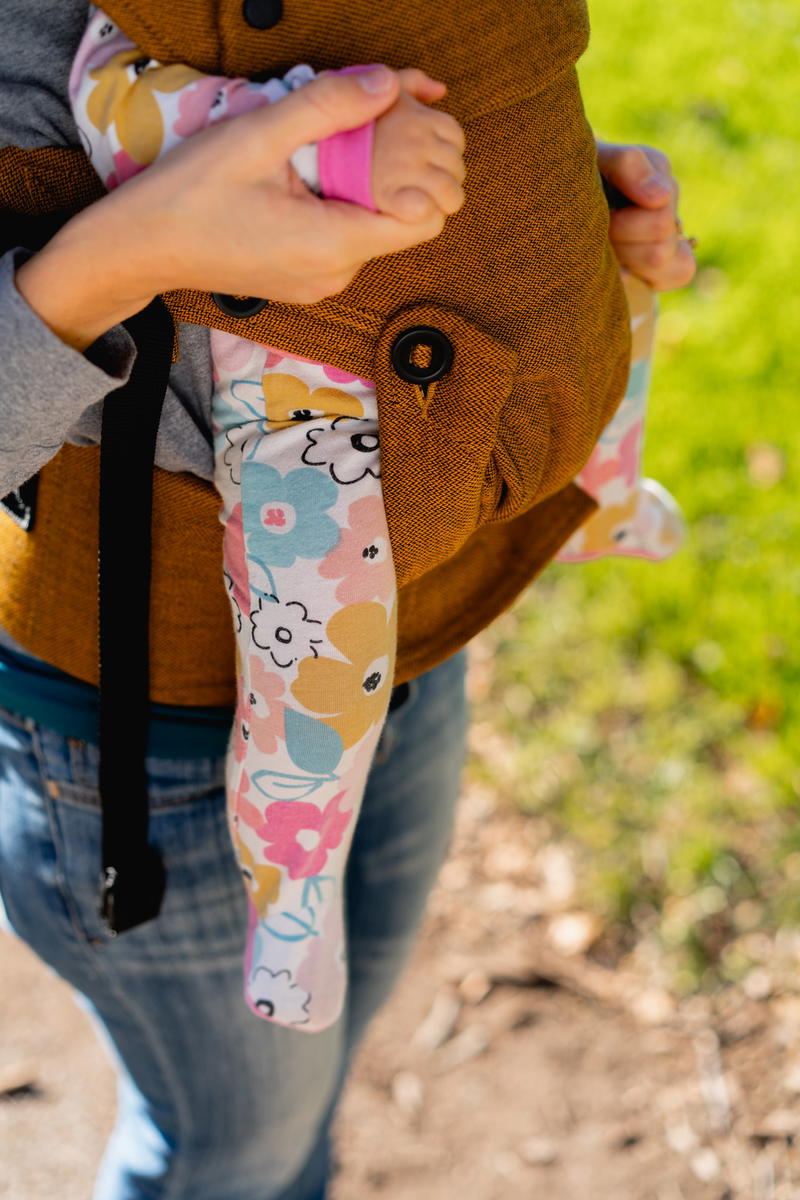
For us, we invested in a top-of-the-line stroller that we really like. Then, when we realized it was gigantic and was a pain to get in and out of the car, we got a second stroller that had a lighter frame. There goes a few hundred dollars again.
We also got baby carriers: some are lightweight and fold up, and some are larger, but have incredible support. This has been a way we’ve gotten our daughter to nap while we’re on the go, or a way to cozy her up when she’s tired or sick.
Oh, and then you need a car seat! There are some cheap ones, and some deluxe ones. Usually, we’re looking at a few hundred dollars for these, and we hesitate before getting them used, because we don’t really want a used car seat.
And then there’s flying. For comfort, and if you have to fly far for vacation, you can get your child an entire seat on the plane so that you can BRING their car seat. This’ll run you the price of an airline ticket, even though your baby is so tiny! We’ve done the lap infant method, but this is not for everyone, especially because you have to juggle the baby between laps and it’s hard to get a break.
Regardless, babies cost a lot of money because you have to tote them around and comfortably bring them around wherever you want them to go.
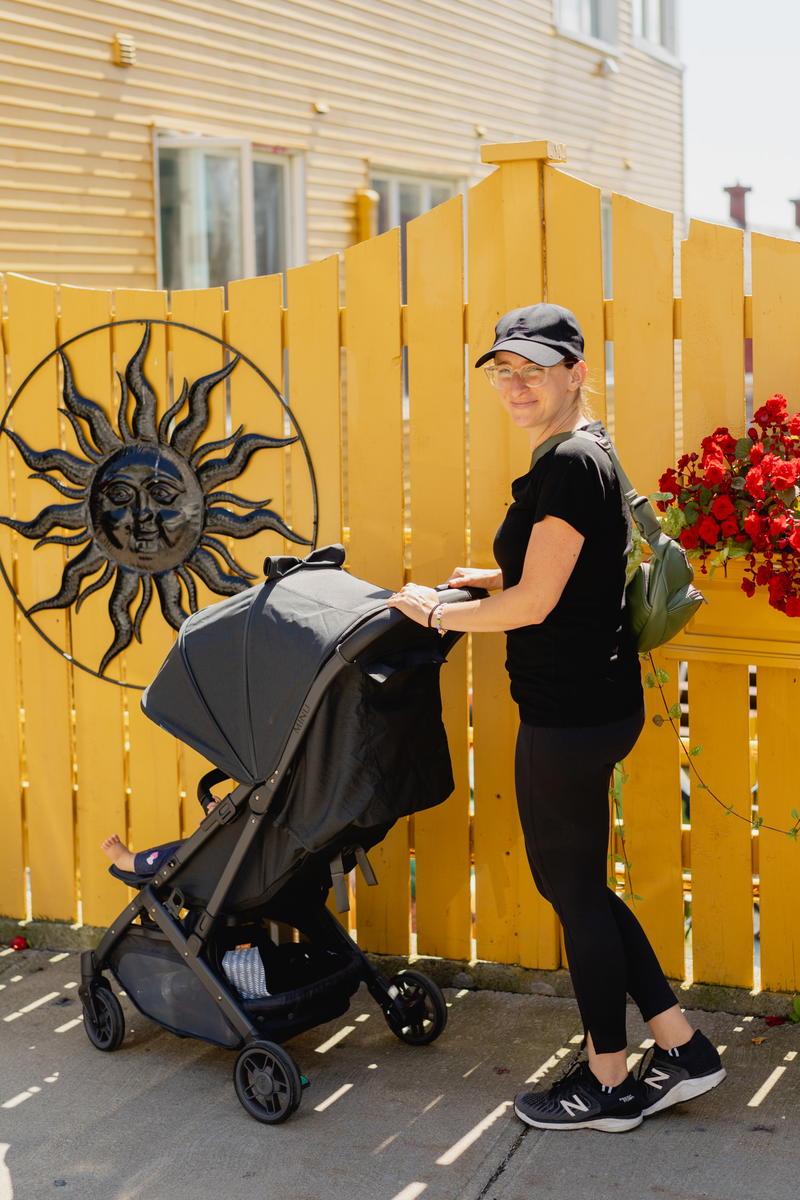
Entertainment (yes, baby entertainment!)
The summer I got laid off while on maternity leave and Dan started taking his parental leave, we realized that every day was going to be a blank slate unless we signed up for some baby classes.
So we spent a few hundred dollars on a baby music class that turned out to be the best part of our week with our child. She played with maracas, and got to dance and see bubbles and be in the company of other children ages 3-18 months old. She had a blast, and I am not joking. Even as a 6, 7 and 8-month old, she was living the baby dream.
That’s when I realized that yes: you need to dish out some money in order to have quality activities with your child. Sure, I am all about going to the park and taking walks for free, but there’s something worthwhile about our annual “zoo membership” that means we can go to the zoo as often as we want and have our daughter see gophers, monkeys and fish. She loves it and it’s worth every penny.
Could we have sat back and never spent a dime on entertaining our baby? Yes, absolutely. But if you as a parent want to enjoy quality time and have an opportunity to create novel experiences with your little one, it may involve some investment.
So, do babies cost a lot of money?
Yes, they really do. Despite how much we try to save, take extra earnings and invest them for her future and be smart about our finances as new parents, babies cost a ton of money.
If you are on the fence about having kids, I would recommend bringing up a list like this one with your partner, just so if you choose to move forward with starting a family, there are fewer surprises about the expenses that having a child (after the birth) may require.
